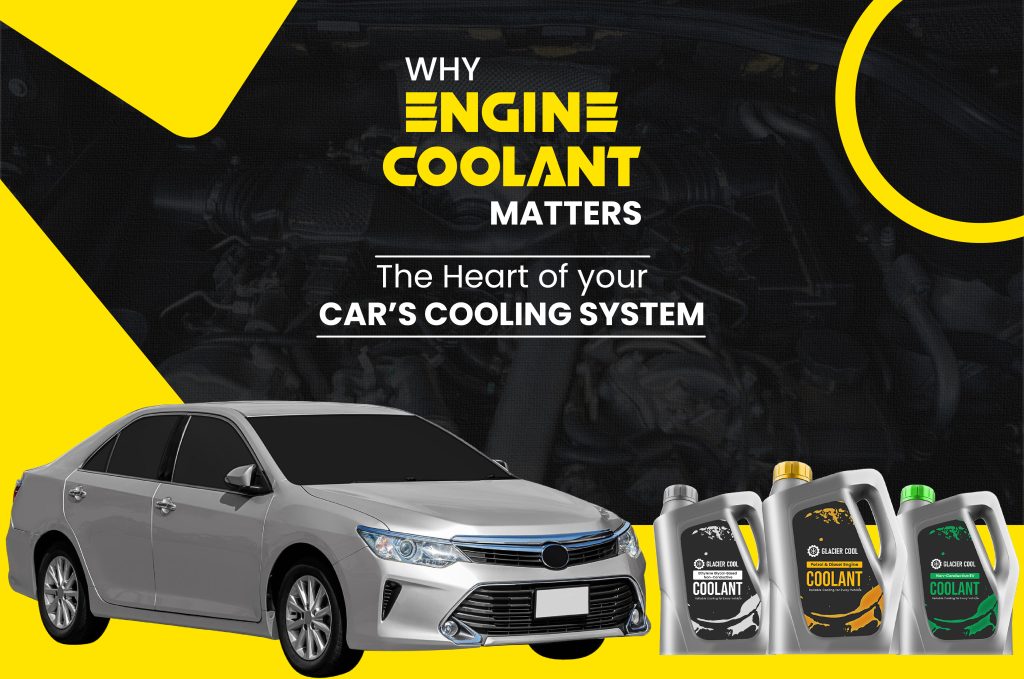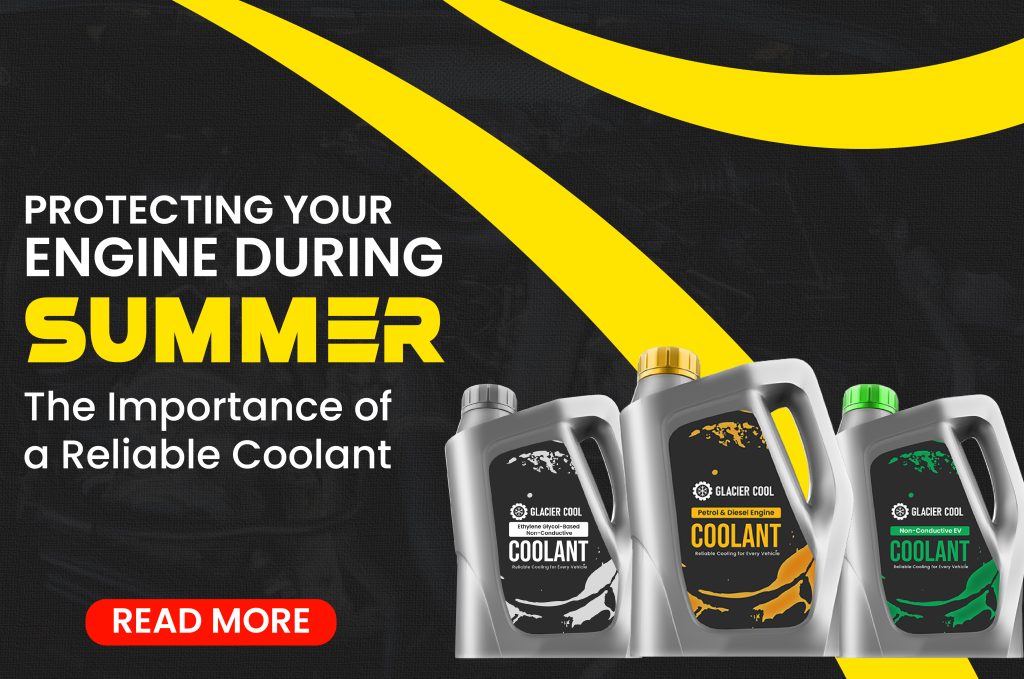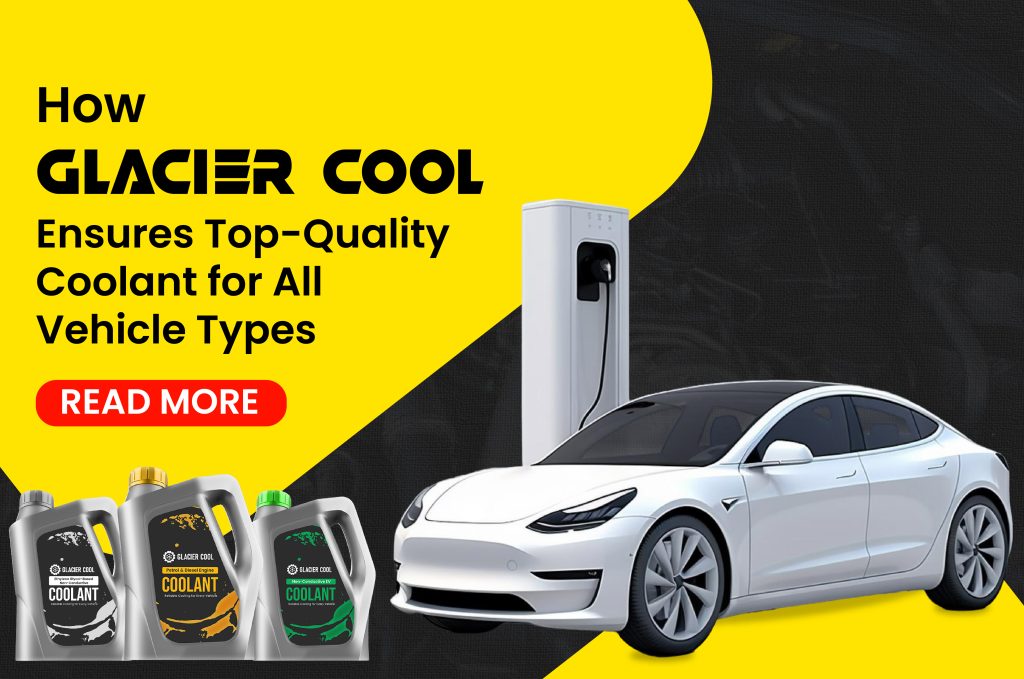Cooling down your running engine remains essential since unregulated heat leads to engine breakdowns. Engine coolant is essential in the vehicle because of its vital functions. The liquid stabilizes engine temperature no matter what the external environment temperature is. Your vehicle depends heavily on coolant because it stops rust formation and enables smooth part movement, which extends the lifespan of materials. Learn more on how the engine coolant differs from the ordinary liquid so you can breakdowns while enhancing your vehicle longevity.
Role of coolant beyond managing temperature
The fluid of coolant for automotive passes throughout the engine once the heat is collected before delivering it for radiator cooling. The temperature control function does not sum up the complete role of coolant. Engine components receive protection by two mechanisms from coolant: friction reduction while simultaneously preventing mineral accumulation. The proper circulation keeps the entire cooling system in agreement, leading to engine performance that reaches peak levels during all driving situations.
Does Using Cheap or Old Coolant Matter?
Yes, it does. Vehicle coolant, which is either damaged or has reached its expiration date, will decompose while losing its protective elements. The utilization of poor-quality coolant results in radiator rust and creates narrowed passages that eventually become clogged while the water pump and heater core components become corroded. The cooling system gradually loses operational efficiency, which can trigger the engine to reach dangerous temperature levels. Major repair costs emerge slowly from such issues even though they do not produce immediate effects. Using the recommended quality coolant and adhering to its change intervals is an effective way to prevent costly issues.
Coolant Offers Year-Round Protection
Engine coolant functions effectively throughout every season of the year. During summer conditions, engine coolant acts as an excess heat removal agent for the engine. The water in the coolant protects against rust and keeps rubber parts from breaking down. Regular temperature conditions do not stop the engine from getting hot, so reliable cooling remains necessary at all times. Your coolant system needs continuous care throughout each year because seasonal maintenance is insufficient for its operation.
What Else Does Coolant Protect Besides the Engine?
The combination of coolant protects the water pump and radiator as well as all hoses from deterioration. Scale buildup formation within the cooling system causes blockages while the fluid also lubricates all seals to resist deterioration. The protective film inside the system shields metal components from developing rust while protecting against mineral corrosion. As your engine temperature stays within safe limits, the other cooling system elements continue operating strong, extending the operational lifespan. Engine coolant maintenance should not be neglected because neglect leads to extended wear, which damages parts that extend beyond the engine.
Conclusion
Most drivers fail to grasp the essential impact that engine coolant maintains in their vehicles. The engine temperature stays under control to prevent overheating while the cold temperatures fail to freeze it, and vital components remain untouched from harm. The absence of engine coolant accelerates the risks of engine breakdown with expensive maintenance needs. Routine maintenance should include coolant care because delaying attention until breakdowns happen can be preventable. Ground service vehicles and other large vehicles often use Glacier Cool as their preferred premium coolant for automotive because of its proven top performance in all seasons.



